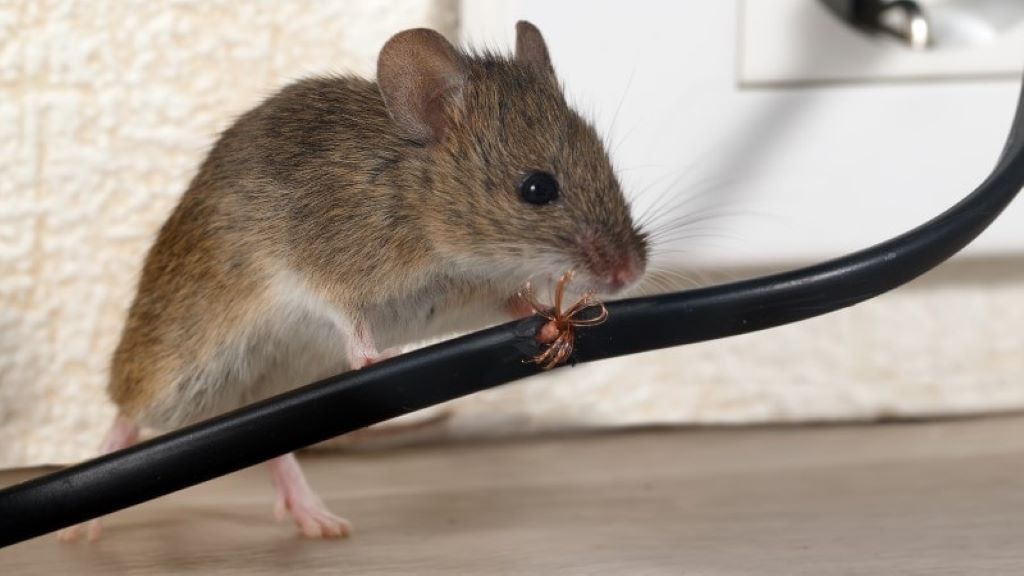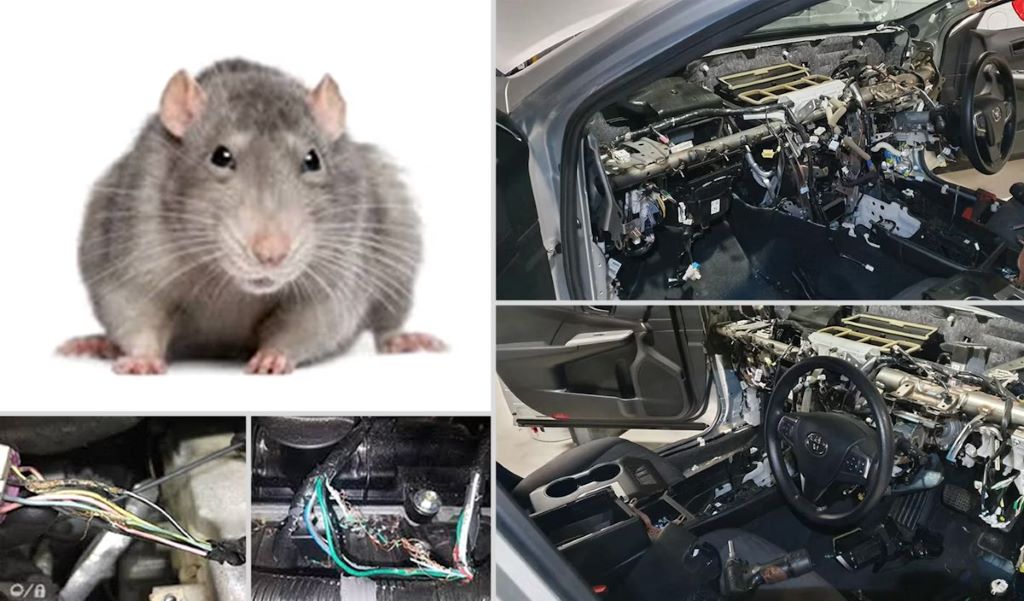
04 Sep How to Prevent Rats from Eating Car Wires
Have you ever experienced the frustration of finding out that rats have chewed through the wires of your car? It’s a common problem that can lead to costly repairs and inconvenience. Rats are attracted to the warmth and shelter that car engines provide, making them prone to nesting in vehicles. However, there are effective measures you can take to prevent rats from wreaking havoc on your car’s wiring system. In this article, we will explore various strategies and practical tips on how to prevent rats from eating car wires.
Understanding Rat Behavior
Before delving into preventive measures, it’s important to understand why rats and cockroaches are drawn to certain environments in the first place. Rats have a constant need to gnaw on objects to keep their teeth sharp and prevent them from overgrowing, while cockroaches in texas are attracted to warm and moist areas with a ready source of food. Unfortunately, they often mistake car wires or household surfaces for food or nesting material. By comprehending their behavior, we can devise effective strategies to deter them.
Keep Your Car Clean and Tidy
Rats are attracted to cluttered environments, so it’s essential to maintain cleanliness inside and around your car. Remove any trash, food particles, or debris that may attract rats. Regularly vacuum the interior of your vehicle to eliminate crumbs and potential nesting materials. A clean car not only reduces the likelihood of rat infestation but also enhances your driving experience.
Secure Parking Areas
Choose your parking location wisely. Opt for well-lit areas that are less prone to rat activity. If possible, park in a garage or carport that provides a physical barrier between your vehicle and potential rodent invaders. Additionally, consider installing motion-activated lights and surveillance cameras to deter rats and other pests.
Use Rat Repellents
Several natural repellents can help keep rats away from your car. Peppermint oil, for instance, has a strong scent that rodents find unpleasant. Apply a few drops of peppermint oil on cotton balls and place them strategically under the hood of your car. The strong aroma will discourage rats from approaching. Similarly, other essential oils like eucalyptus, lavender, and citronella can also be effective deterrents.
Employ Physical Barriers
Creating physical barriers is an excellent way to prevent rats from accessing your car’s wiring system. Use wire mesh or steel wool to cover any openings or gaps that rats might use to enter the engine compartment. Ensure that the barriers are securely in place, as rats are known for their ability to squeeze through tight spaces.
Install Ultrasonic Devices
Ultrasonic devices emit high-frequency sound waves that are inaudible to humans but irritate rats and other rodents. These devices can be easily installed in your car’s engine bay or parking area. The ultrasonic waves create an uncomfortable environment for rats, making them less likely to approach your vehicle.
Remove Potential Food Sources
To discourage rats from approaching your car, eliminate any potential food sources in the vicinity. Keep pet food securely stored, clean up spilled birdseed, and avoid leaving any edible items accessible to rodents. By removing their food supply, you reduce the incentive for rats to invade your vehicle.
Regular Maintenance Checks
Perform regular maintenance checks on your car to identify and address any signs of rat damage promptly. Look for chewed wires, frayed cables, or other indications of rodent activity. Early detection can save you from extensive repairs and prevent further damage.
Seek Professional Help
If you’re facing persistent rat problems despite your best efforts, it’s advisable to seek professional assistance. Pest control experts can provide specialized treatments and advice tailored to your situation. They have the knowledge and tools to eradicate existing rat infestations and implement preventive measures effectively.
Conclusion
Preventing rats from eating car wires requires a combination of proactive measures and consistent maintenance. A car battery that doesn’t hold a charge can be one of the costly consequences of rodent damage. By understanding rat behavior, keeping your car clean, employing repellents and barriers, and seeking professional help when necessary, you can significantly reduce the risk of rodent damage to your vehicle. Remember, taking preventive action is key to protecting your car and avoiding the inconvenience and expense of repairs.



Sorry, the comment form is closed at this time.